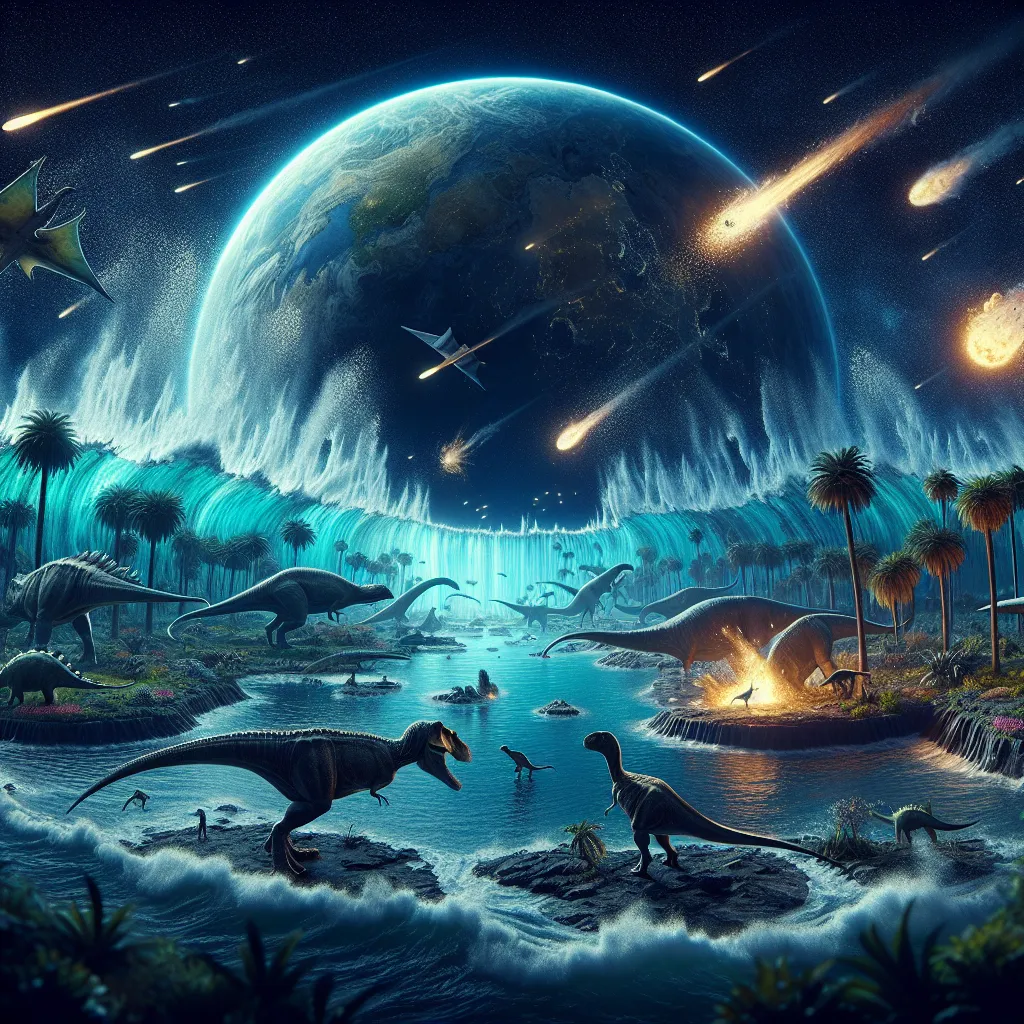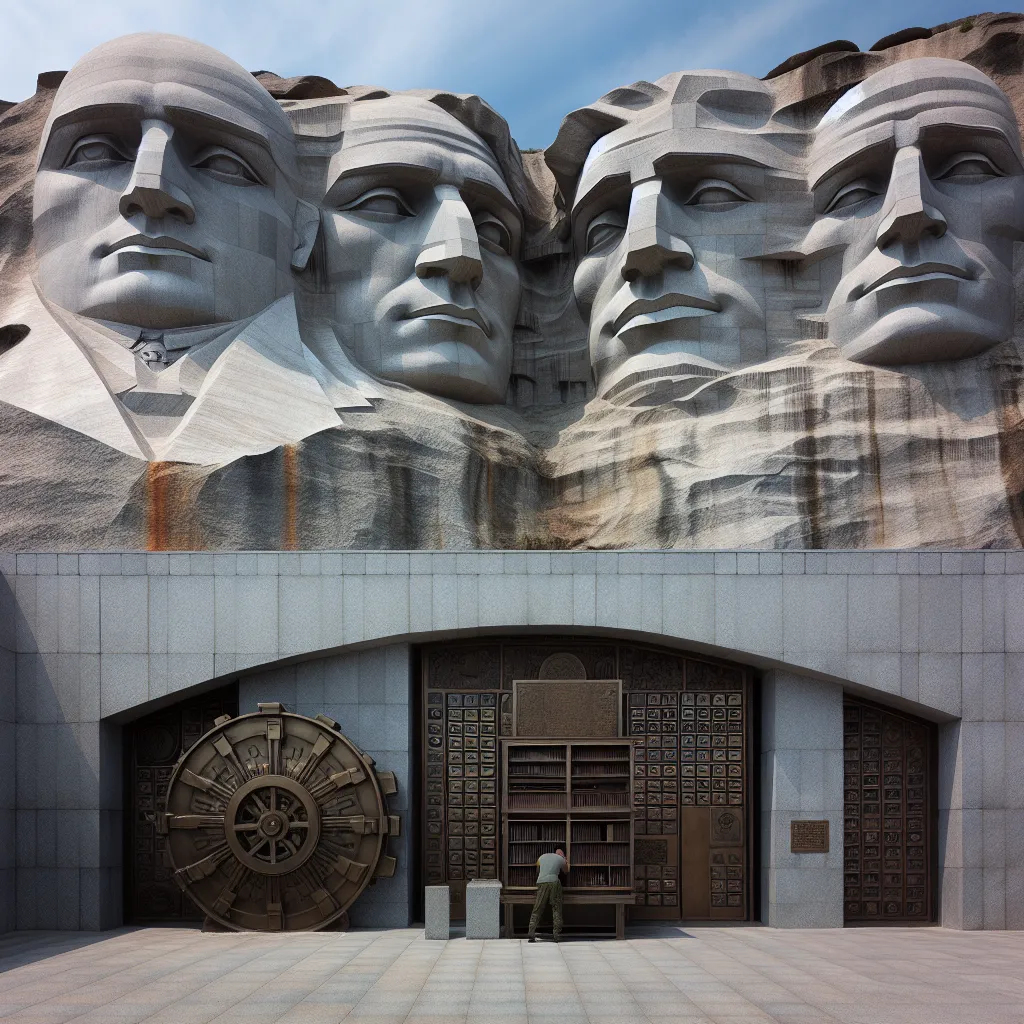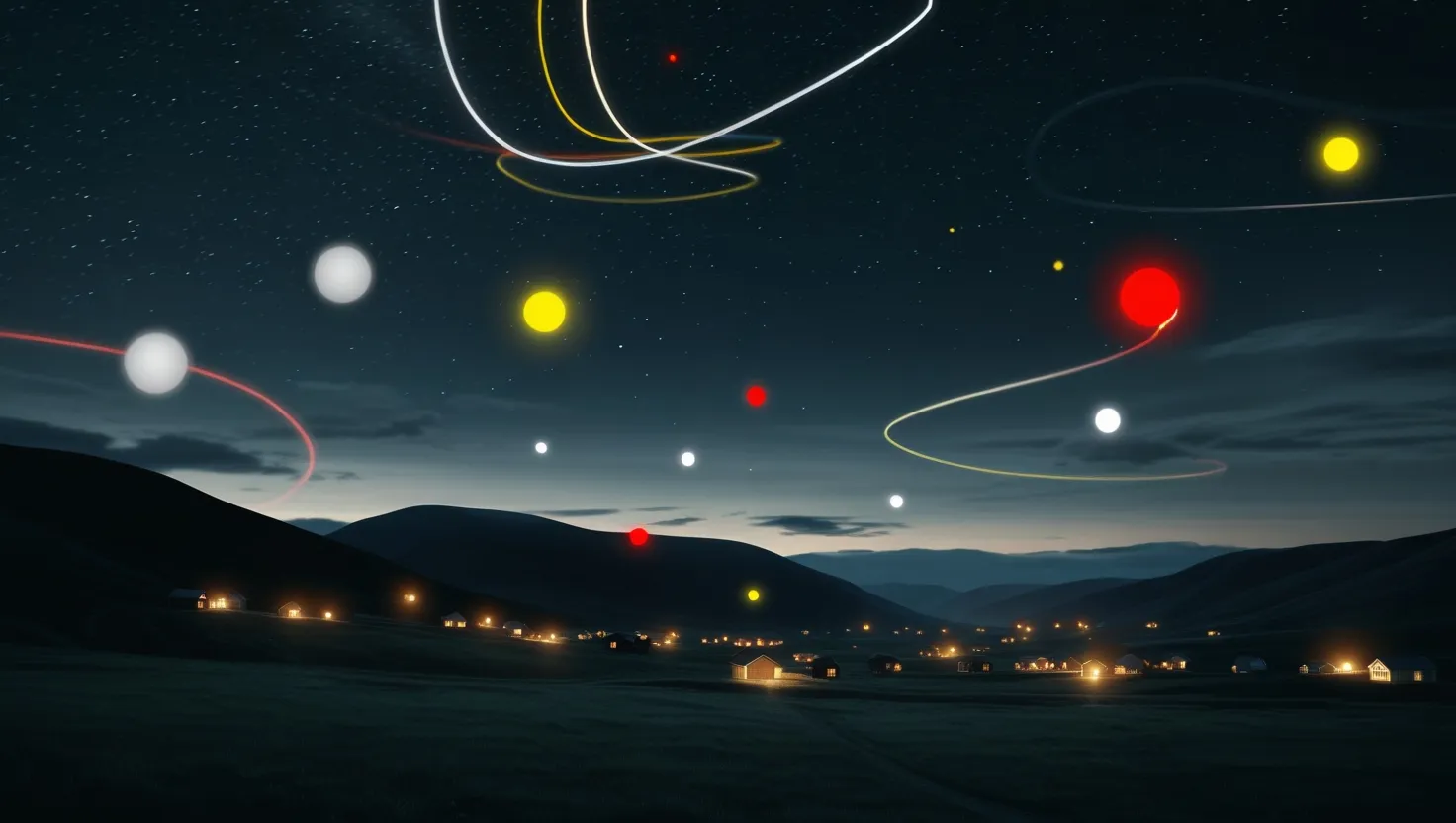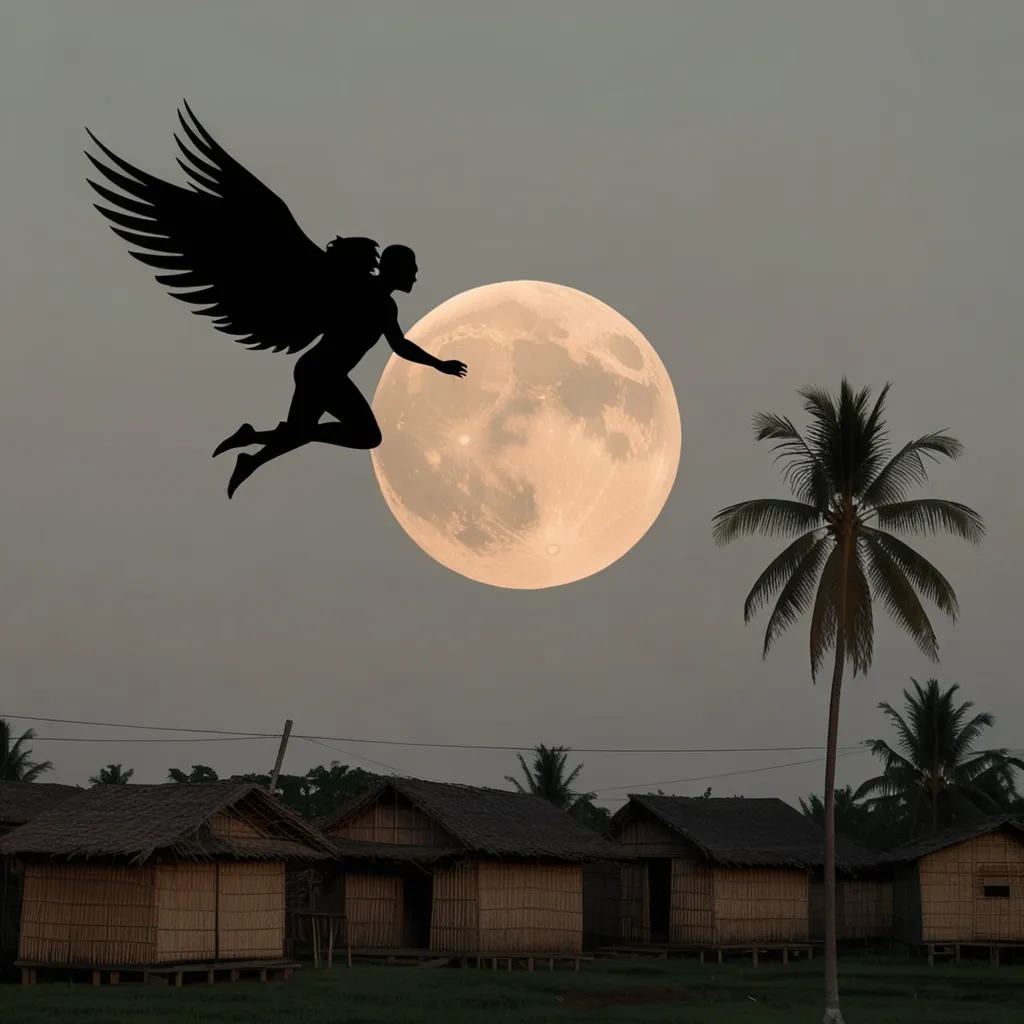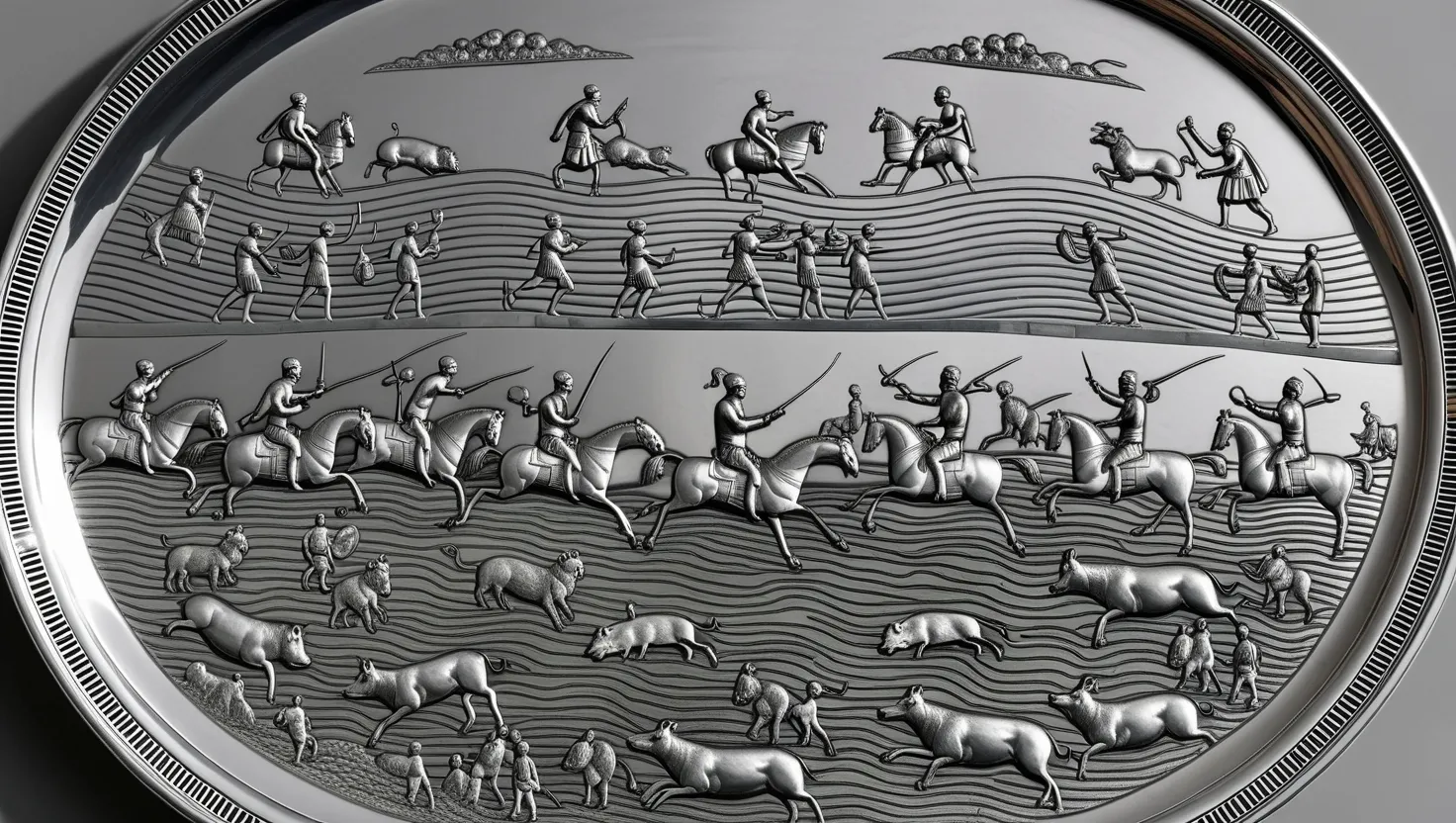Alright, folks, gather ‘round for a wild ride back in time. Picture this: 66 million years ago, the Earth was a blissful paradise for dinosaurs. They were basking in the sun, sea creatures were gracefully gliding through the waters, and mammals were snug in their burrows. Then, in a blink of an eye, everything changed. Let’s dive into why and how.
Welcome to our journey through history. Imagine an asteroid almost twice the size of Mount Everest hurtling towards Earth at an unimaginable speed—faster than anything you can imagine. This monstrous rock hit the Yucatan Peninsula with a force that created a crater 93 miles in diameter. Scientists call it the Chicxulub impact. This single event drastically altered our planet forever.
The impact unleashed chaotic destruction: mile-high tsunamis, firestorms across continents, and a chilling winter that lasted years. This was no ordinary winter—it was a dark, sun-blocking, photosynthesis-stopping winter that left the Earth in a lifeless freeze. The dinosaurs, those mighty rulers of the land, couldn’t survive this apocalyptic change.
The asteroid’s hit was so powerful it blasted pieces of the Earth into space and reigned fiery rocks back down. Tsunamis over 330 feet tall ripped across what is today Mexico, Texas, and Florida. Lucky for us, it didn’t hit deeper ocean areas, or it would’ve caused five-kilometer-high tsunamis—higher than commercial airplanes fly!
Fossils from as far as New Jersey, thousands of miles away, show the instant death caused by the impact. While some life forms went on to suffer through a mass extinction, nothing could stand against the ensuing “impact winter.” Ash and sulfur threw a thick haze across the planet, blocking sunlight and starving plants. Without plants, the entire food chain collapsed.
Years later, the Earth warmed up again thanks to volcanic CO2 emissions. Deep-burrowing mammals had their time to shine, taking over from the now-extinct dinosaurs. This marked the start of the Cenozoic era—the era that eventually led to us.
The theory of the Chicxulub impact was confirmed by scientists in the late 20th century. Large amounts of iridium, a rare metal on Earth but common in meteors, were found in soil samples dating back 65 million years. This verified that an asteroid had indeed wiped out the dinosaurs.
These events remind us how unpredictable and fragile life can be. There are millions of asteroids zooming around in our solar system, many capable of causing similar destruction. Modern tracking by NASA shows us how close these asteroids sometimes get, but the truth is, another big one could hit at any time.
Science fiction films don’t compare to the severe reality of such planetary impacts. If humanity can stop bickering and look skyward, maybe we could even prevent the next great disaster by altering asteroid paths. It’s a long shot— and expensive—but it could save us all.
Thanks for joining me on this epic tale through time. Stick around for more brainy, fun content. Until next time, be good to yourself and others. You’re awesome!
